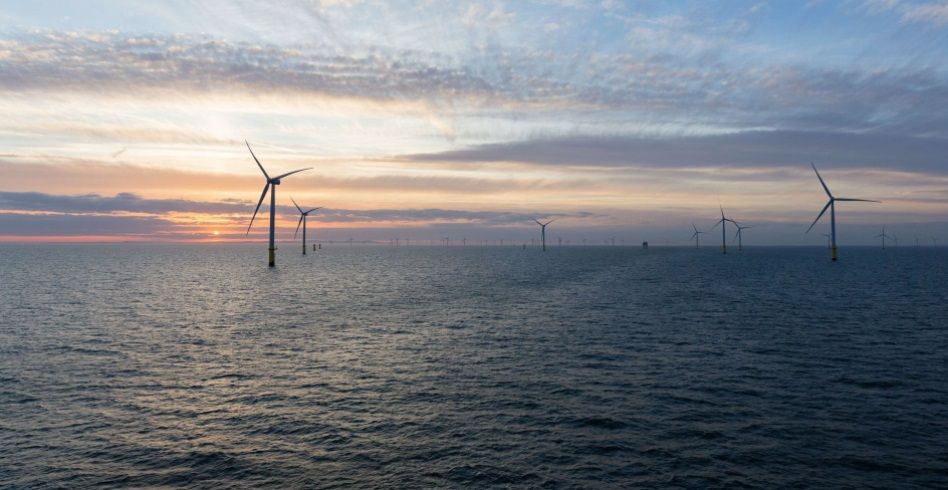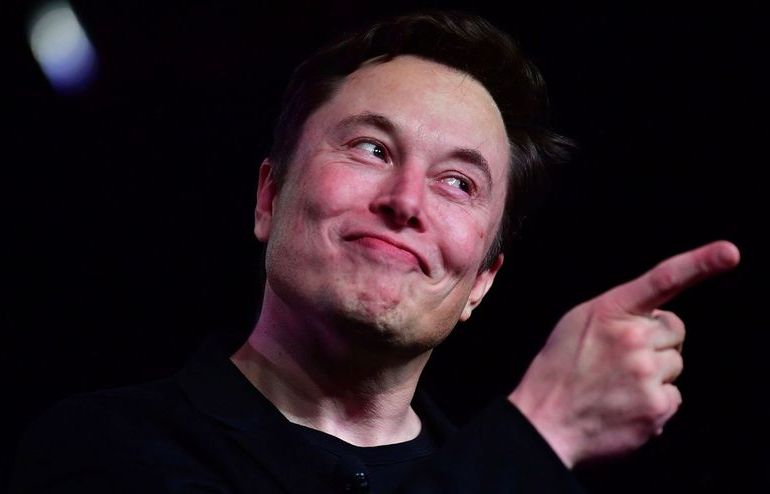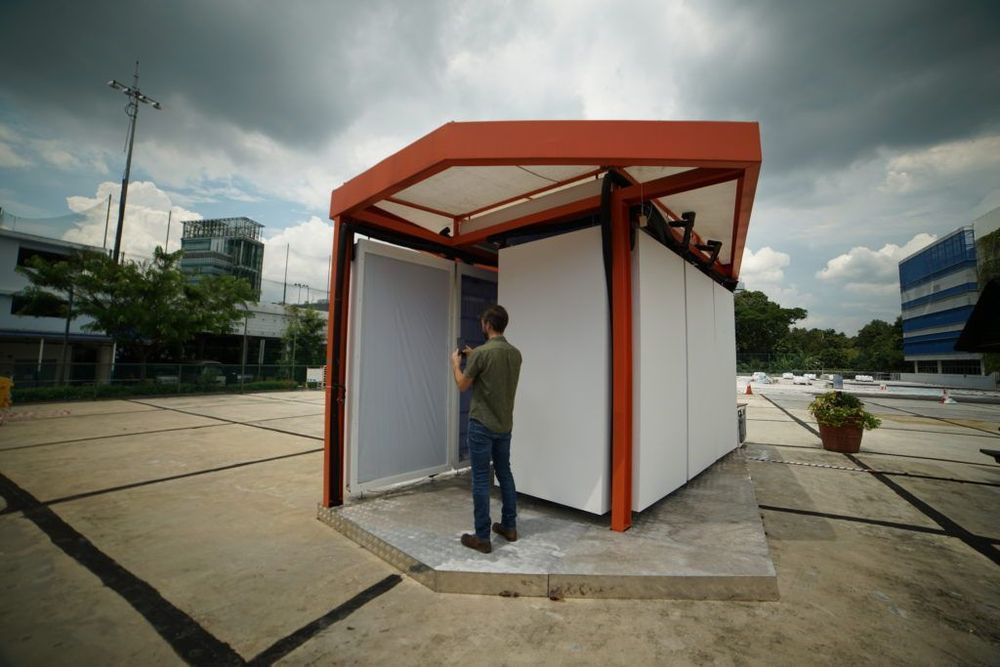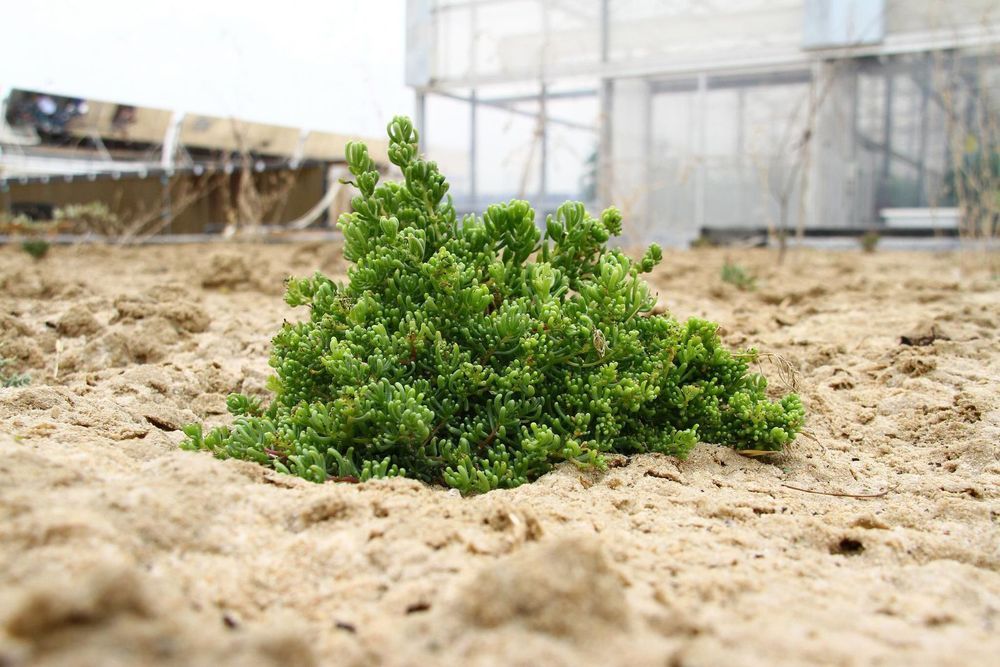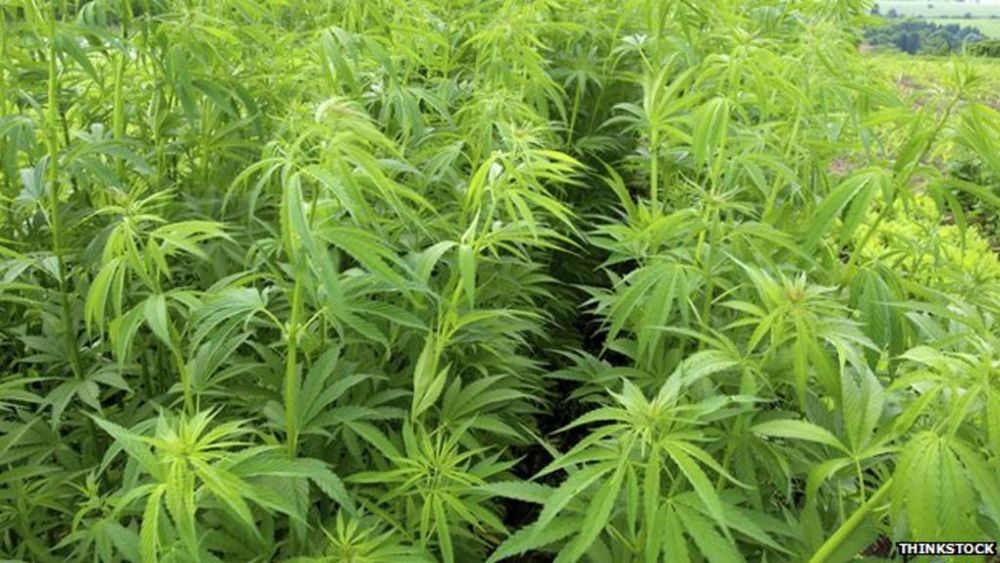Tesla CEO Elon Musk has updated the timeline on which he sees batteries enabling electric aircraft coming to maket. He now sees it happening in “3 to 4 years.” Several years ago, Musk, the CEO of both Tesla and SpaceX, said that he had a design for electric vertical take-off and landing (VTOL) a…
Featured image: @TomAbbotDavies1/Twitter
Tesla CEO Elon Musk has been talking about the electric plane for a long time. He even said he has an electric vertical take-off and landing (VTOL) aircraft project, though he never went into details about plans to launch it into production.
Musk said that in order for his design to work, it is necessary to increase the specific energy of the batteries. He calculated that lithium-ion batteries would need to reach an energy density of 400 Wh / kg for the batteries to outperform kerosene (Jet A) and for his electric plane to be viable.


